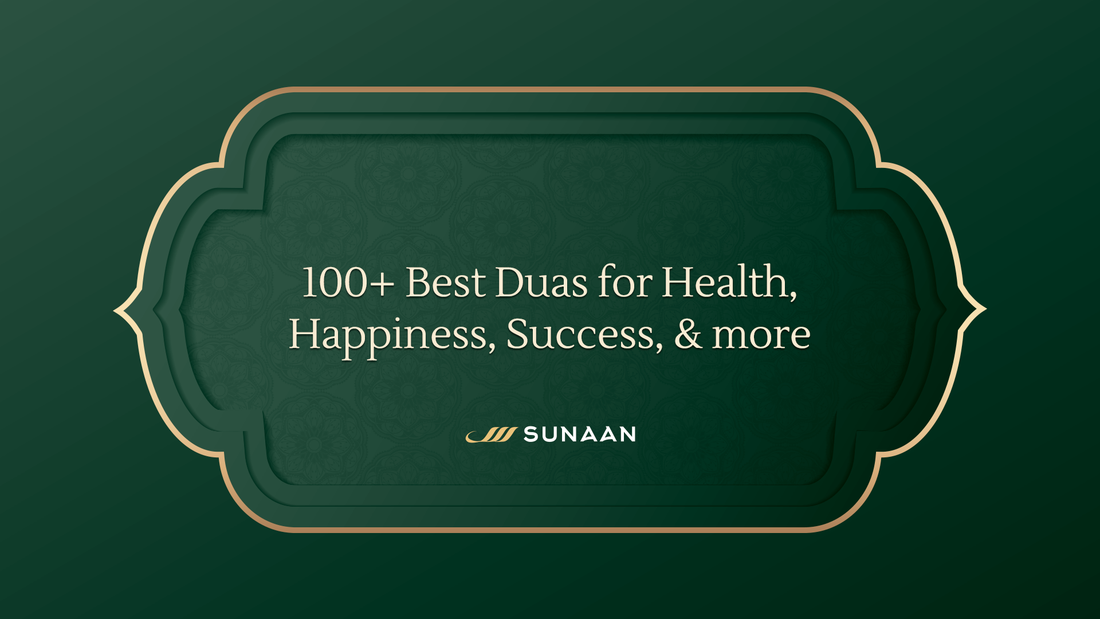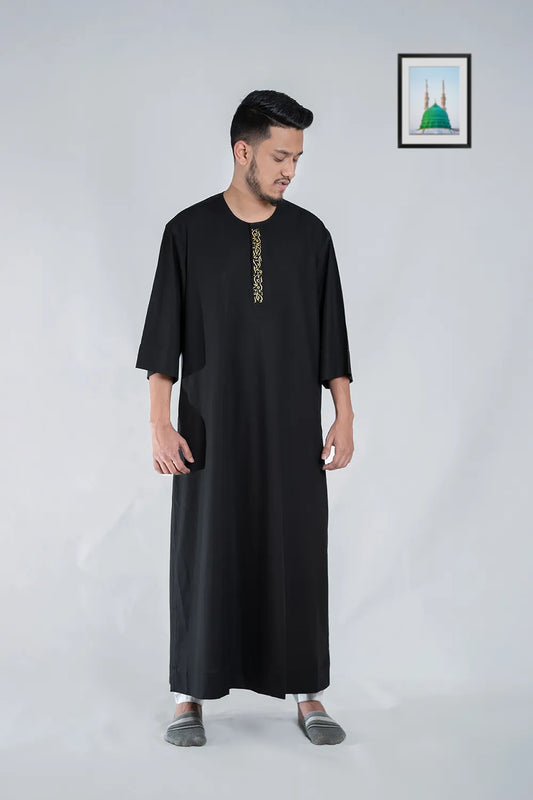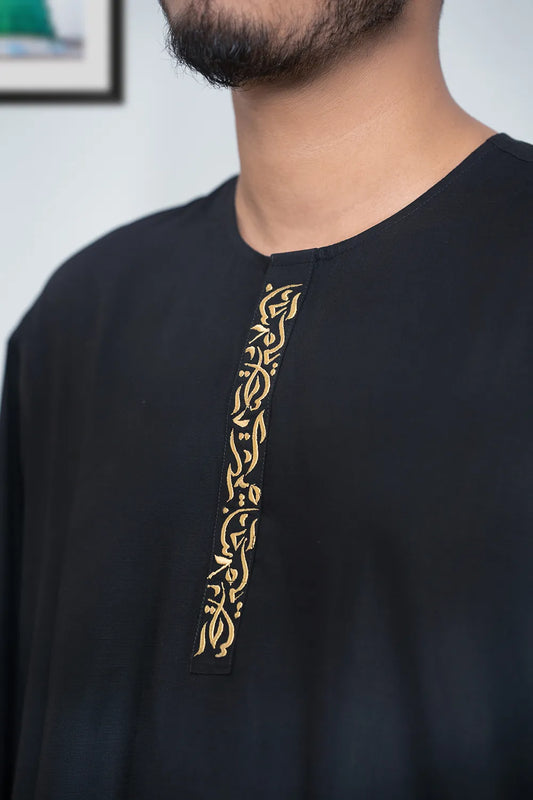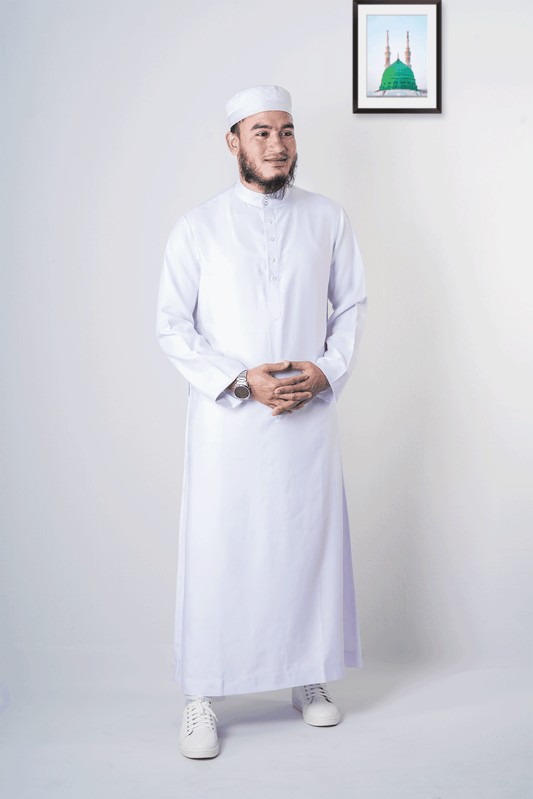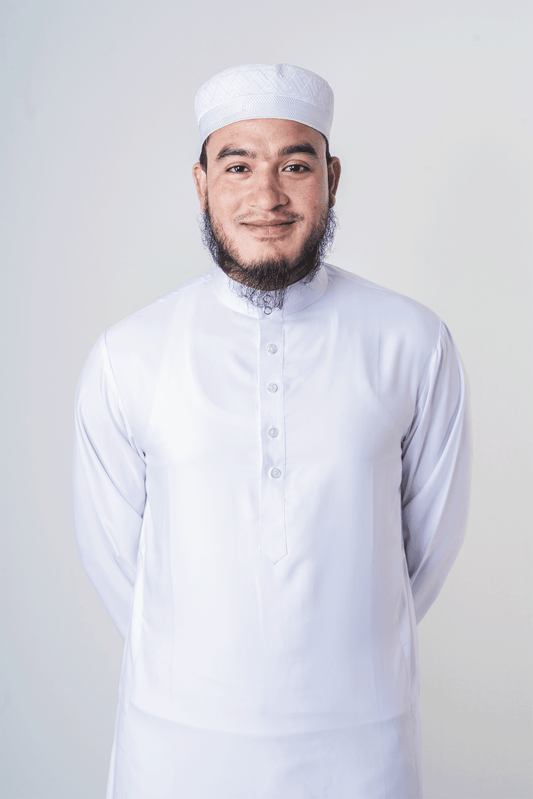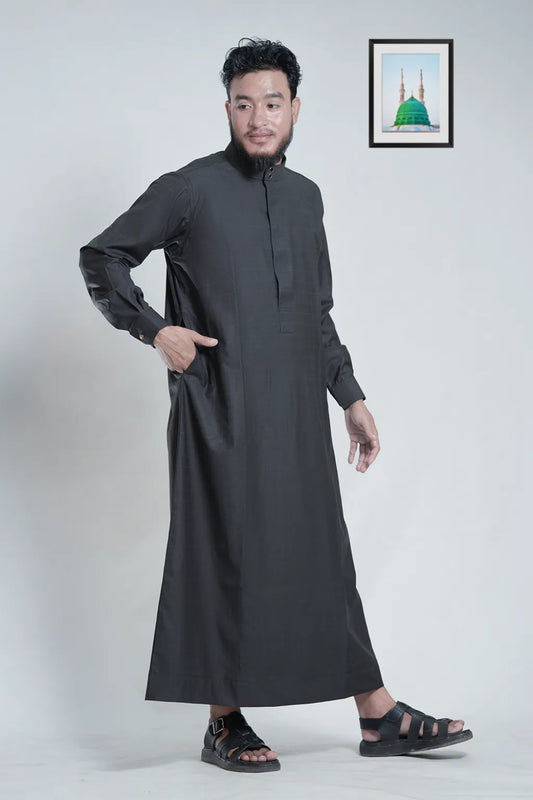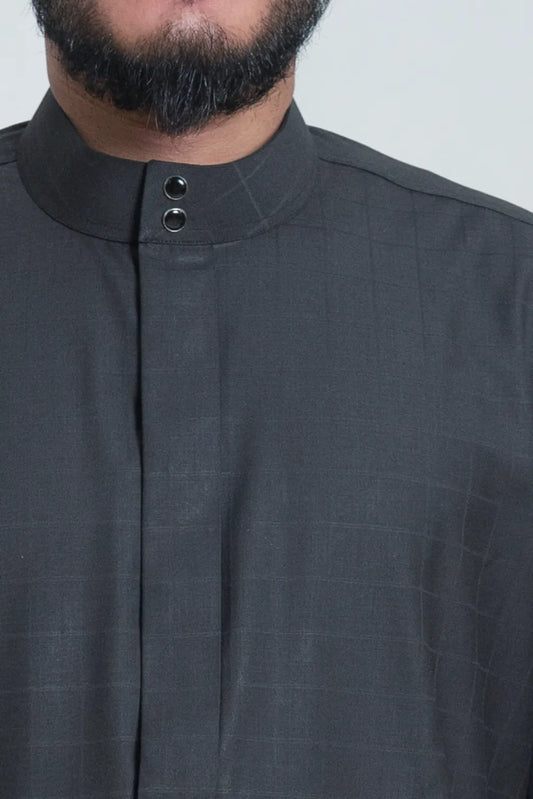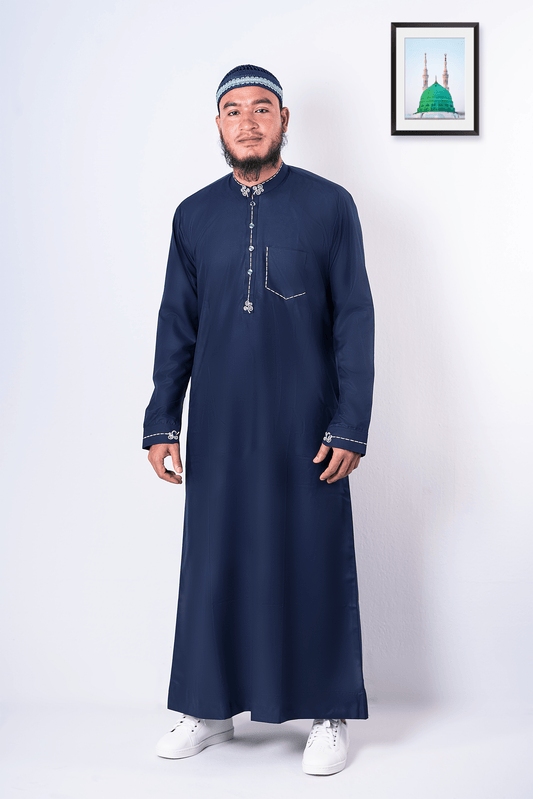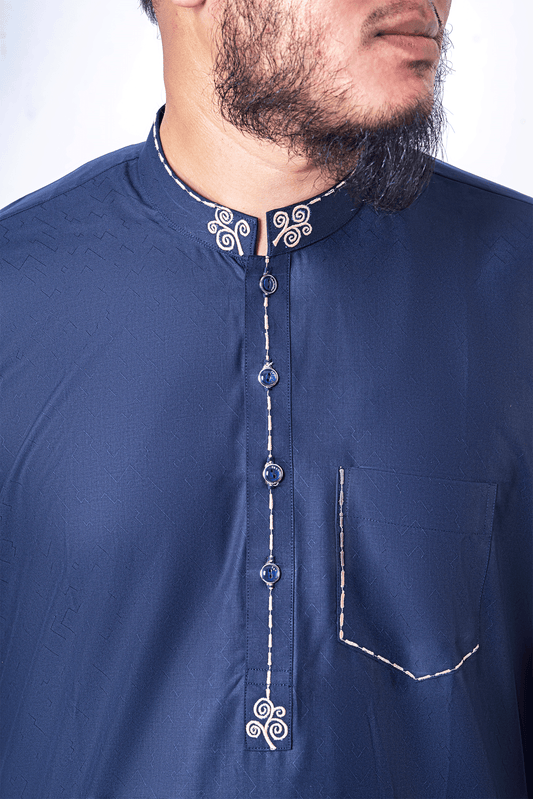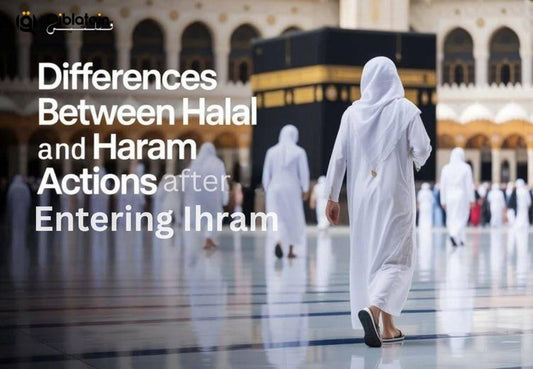Praise and Introduction
Praise be to Allah, the Most Merciful, for granting us the honor of remembering Him. This article serves as a comprehensive directory of 100+ dua, organized into categories like health, happiness, and afterlife, helping you find the supplications you need effortlessly.
What is Dua?
Dua is a heartfelt prayer in Islam, where a believer directly calls upon Allah for help, guidance, or blessings. It is an act of worship that reflects humility, dependence, and trust in Allah’s mercy. Unlike formal Salah, dua has no set words or times, making it a personal and intimate connection with the Creator.
Significance of Remembrance
Allah says in the Quran: “So remember Me; I will remember you. And be grateful to Me and do not deny Me” (Surah Al-Baqarah 2:152). This verse emphasizes that dhikr (remembrance of Allah) builds a personal connection with our Creator. The Prophet Muhammad (peace be upon him) likened remembrance to life itself, urging us to make dua and dhikr a daily habit.
The Role of Duas in Life
Dua is a believer’s most powerful tool, offering comfort and guidance. In Islam, dua is an expression of our reliance on Allah, serving as a means to seek His assistance in every situation. The Prophet Muhammad (peace be upon him) taught specific supplications for all aspects of life, preserved in the Quran and Hadith, to help us navigate challenges and express gratitude.
Why These Duas Matter
Dua is a lifeline, purifying the heart and strengthening the soul. Through sincere supplication, we deepen our connection to Allah, find solace during trials, and align our lives with His mercy.
This directory invites you to embrace these timeless prayers, bringing peace, prosperity, and positivity into your life while trusting that Allah hears and answers the sincere prayers of His servants. Let this collection of dua in Islam inspire you to call upon Allah in every step of your journey.
The Best Times and Etiquettes for Making Dua

